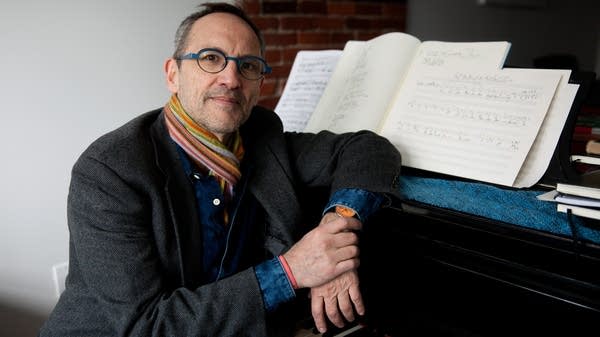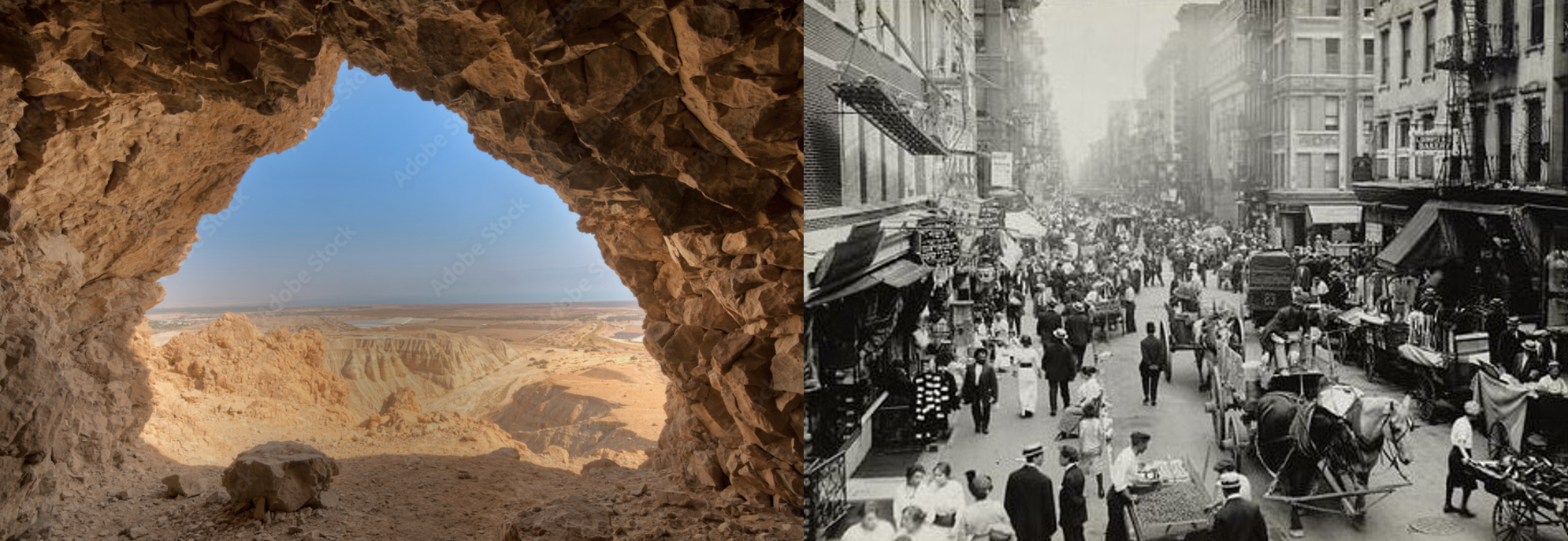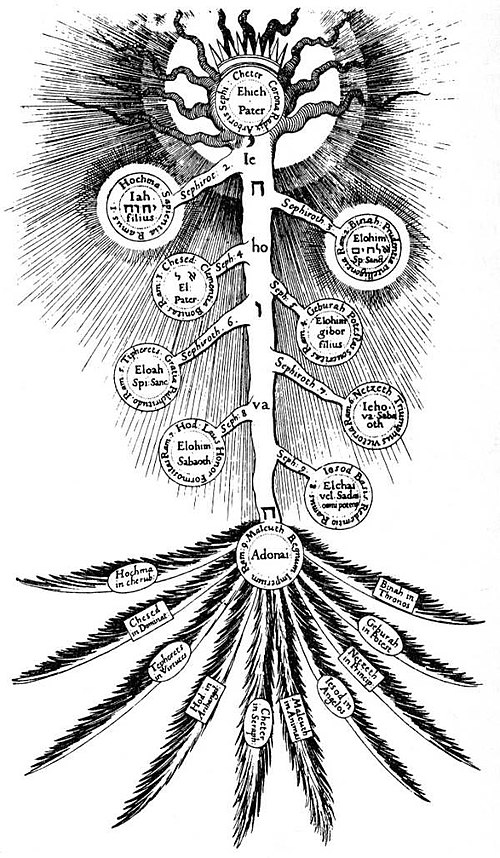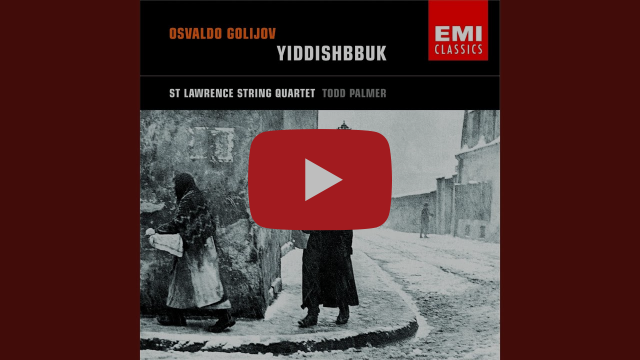NCMF Twenty-Five Years - The Pitch
By
David YangI asked Michael if he knew someone local I could talk to about starting my one in town. That’s how I wound up on the phone with Jane.


There are a handful of late 20th Century chamber works that have earned the title of modern masterpieces and entered the mainstream of classical music. We’ve performed many of them: Reich’s “Different Trains,” Dutilleux’s “Ainsi la Nuit,” Crumb’s “Black Angels.” This summer, we’re doing another, and it’s a doozy: “The Dreams and Prayers of Isaac the Blind” by Argentine-American composer Osvaldo Golijov. I’m psyched to finally have a chance to do this in Newburyport. It is – wow – such a great piece of music and utterly unique: a tactile music of surfaces, journeying from the dry rock of the desert, to the pre-war Lower East Side reeking of sweat and garlic, to the very dome of heaven itself.

The last time we did clarinet quintets there wasn’t time to also prepare the Golijov; this summer we get to do it twice along with the Mozart quintet. Sometimes I have to pinch myself to believe I do this for a living.
I’ll be focusing the free lecture on August 4th entirely on this piece. We have the good fortune of performing it with returning clarinetist Todd Palmer, who assisted Golijov in the preparation and editing of the final parts; and Christopher Constanza, who recorded it as cellist of the St. Laurence String Quartet (with Todd) and worked in depth with the composer.
Osvaldo lives nearby in Brookline and visited the festival some 20 years ago. I invited him to join us this summer but he is away on the road. Below is a selection from his notes on the piece.
David Yang, Artistic Director

Eight centuries ago Isaac The Blind, the great kabbalist rabbi of Provence, dictated a manuscript in which he asserted that all things and events in the universe are product of combinations of the Hebrew alphabet's letters: 'Their root is in a name, for the letters are like branches, which appear in the manner of flickering flames, mobile, and nevertheless linked to the coal'. His conviction still resonates today: don't we have scientists who believe that the clue to our life and fate is hidden in other codes?
The movements of this work sound to me as if written in three of the different languages spoken by the Jewish people throughout our history. This somehow reflects the composition's epic nature. I hear the prelude and the first movement, the most ancient, in Aramaic; the second movement is in Yiddish, the rich and fragile language of a long exile; the third movement and postlude are in sacred Hebrew.

The prelude and the first movement simultaneously explore two prayers in different ways: The quartet plays the first part of the central prayer of the High Holidays, 'We will observe the mighty holiness of this day...', while the clarinet dreams the motifs from 'Our Father, Our King'. The second movement is based on 'The Old Klezmer Band', a traditional dance tune, which is surrounded here by contrasting manifestations of its own halo. The third movement was written before all the others. It is an instrumental version of K'vakarat, a work that I wrote a few years ago for Kronos and Cantor Misha Alexandrovich. The meaning of the word klezmer: instrument of song, becomes clear when one hears David Krakauer's interpretation of the cantor's line. This movement, together with the postlude, bring to conclusion the prayer left open in the first movement: '...Thou pass and record, count and visit, every living soul, appointing the measure of every creature's life and decreeing its destiny’.

By
David YangI asked Michael if he knew someone local I could talk to about starting my one in town. That’s how I wound up on the phone with Jane.
By
David YangThe winter holidays – Christmas decorations, holiday parties, takeout Chinese food, and a baroque world premiere in Newburyport.
By
David YangThe best ones are from oil country Pennsylvania where they still fry them in beef tallow.
NCMF relies on the assistance of corporations, foundations, and most importantly, you.
Make a GiftVolunteer